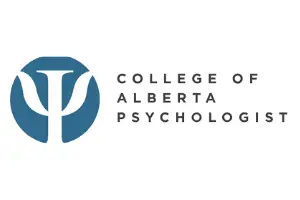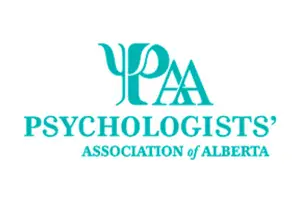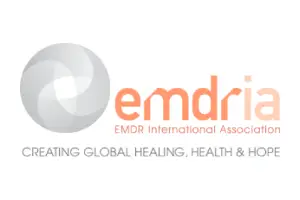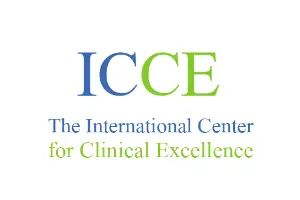ClearviewCounselling
Empowering individuals, couples, and families to live fulfilling lives. A compassionate space where you can safely explore your experiences without judgment.


“The great thing in this world is not so much where you stand as in what direction you are moving.”— Oliver Wendell Holmes
Overcome past challenges and embrace a fulfilling life
Discover compassionate and professional support tailored to your needs. Take the first step toward a brighter tomorrow.

Meet the Clearview Team
We'd love to meet you!
Our Values
You are an expert in your own life
You are the best judge of what you need and whether what we are doing together is helpful.
Counselling is a collaborative process
We are here to walk with you into a future you desire.
Therapy should be accessible
We provide reduced rates if you have limited or no insurance coverage.
Relationship is more important than method
We are committed to creating a safe space where your dignity is upheld.
“The curious paradox is that when I accept myself just as I am, then I can change.”— Carl Rogers
Have Questions? Get in Touch!
Reach out to book a free Meet and Greet today! We serve people in Alberta, Yukon and Nunavut.
Ready to Start Your Journey?
Take the first step towards clarity and wellbeing. Book a free consultation today.
































